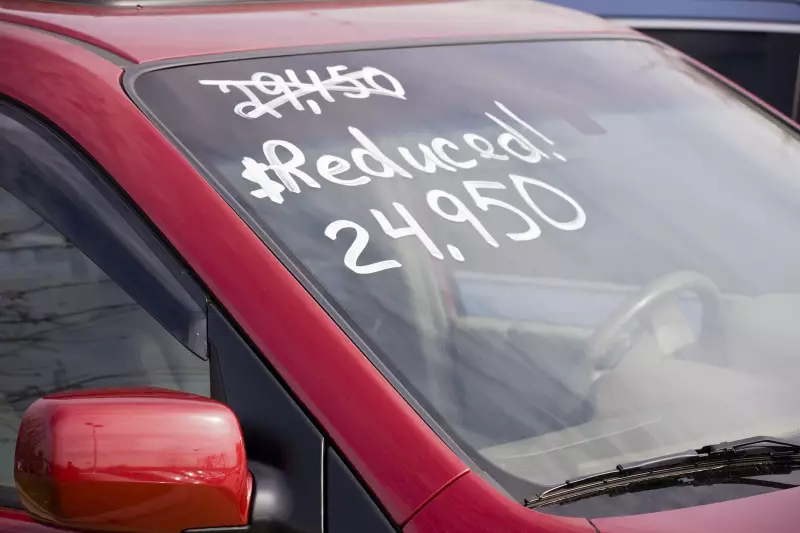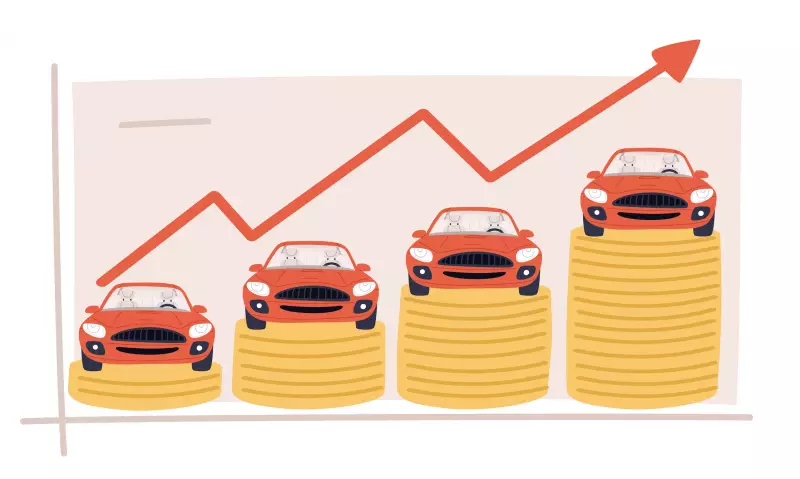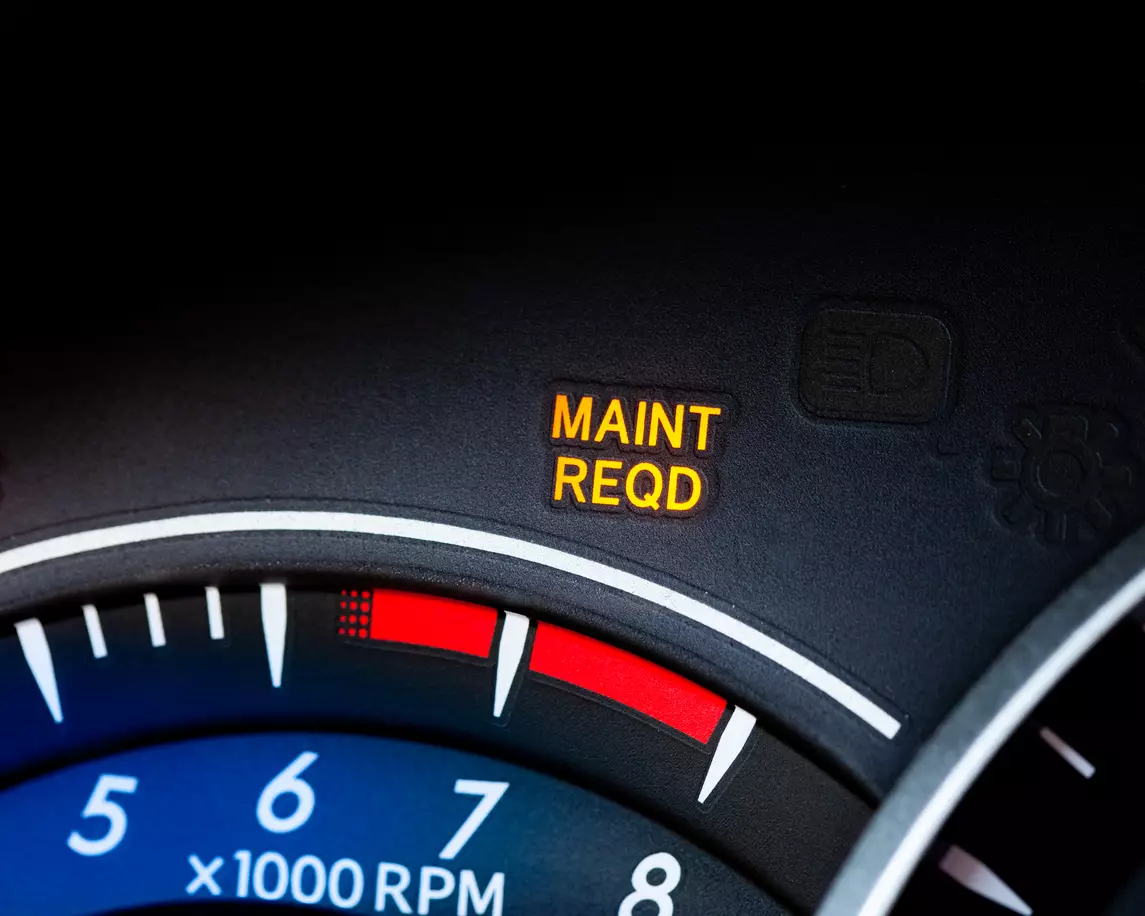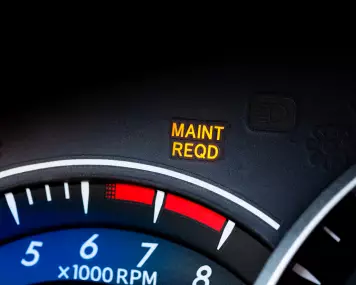Many car buyers today are asking the same pressing question: When will used car prices drop? Over the past few years, the cost of purchasing a pre-owned vehicle has risen sharply, driven by factors such as supply chain disruptions, production delays, and increased demand. Hence, what was once considered a more affordable alternative to buying new has, in many cases, become expensive.
As a result, many consumers across the country are now looking forward to a time when prices may return to more acceptable levels before making their purchase. Understanding the causes behind the price increase and what experts predict for the future may help buyers finally answer the question of whether used car prices will drop.

Why Used Car Prices Increased in the First Place
Used car prices have shot up significantly in recent years due to several factors arising from global and economic disruptions affecting supply and demand. One such cause was the COVID-19 pandemic, which led to the shutdown of many factories across the world. Consequently, car manufacturers halted production, and fewer new vehicles were built and shipped.
Also, a major shortage of semiconductor chips ensued from the COVID-19 lockdown actions, delaying new car production. Note that semiconductor chips are critical components used in modern vehicles. This chip shortage, along with general supply chain issues, meant that fewer new cars were available at dealerships.
Due to the historic low inventory for new cars, more car buyers turned to the used car market for vehicle purchases. This rapid shift in demand pushed up prices for pre-owned cars. In addition, inflation impacted the overall costs of goods and services, including vehicles, and increased demand from buyers who needed reliable transportation contributed to the increase in used car prices.
Are Used Car Prices Going Down Now?
Although indications from the used car market only indicate a decline in prices, prices have only undergone a modest drop from the peak levels experienced in the height of the COVID-19 lockdown period and the immediate aftermath. In early 2020, the average used vehicle sold for roughly $19,800, but by mid-2021, prices had climbed to about $26,700, a 35% jump, while mileage also rose by 9% as buyers paid more for older models. Wholesale prices rose even more sharply, with auction values jumping over 40 percent since early 2022.
According to Edmunds, the average transaction price for a three-year-old used vehicle reached $30,522 in Q1 2025, up from $29,844 a year earlier and marking the first time this figure has exceeded $30,000 since mid-2023. Kelley Blue Book also indicates that average retail listing prices remain above $25,000.
Hence, while used car prices have declined somewhat from the pandemic peak, down from the dramatic spike of mid-2021, the correction has been small. Prices remain high, with today’s average still over $10,000 higher than pre-pandemic levels.
What Experts Predict for 2024 and 2025
According to industry experts, the public may expect a gradual stabilization of used car prices through 2024 and 2025, with significant declines, if they occur, estimated to arrive in mid-to-late 2025. Experts agree that while prices are likely to drop, consumers should not expect sharp price drops but a steady normalization.
Foremost among the cited factors by analysts is the recovery of new vehicle production. As semiconductor supplies normalize and factories resume full operations, new car inventories are expected to increase into 2025. This is expected to relieve some of the demand pressures on the used car market.
Also, rising interest rates and changing incentives are expected to play a critical role in the steady normalization of used car prices. Many industry experts anticipate lower interest rates by mid-2025, coupled with growing manufacturer incentives. This combination may make new cars more attractive, drawing car buyers from used vehicles and dampening demand.
Furthermore, the volume of lease returns is projected to climb as many leases signed during the COVID-19 pandemic come due throughout 2025. Hence, a fresh wave of two- to three-year-old used vehicles, which are important inventories for car dealers, is expected to hit the market, easing shortages.
Macroeconomic conditions may also play a role in the supply and demand for the used car market. While a significant recession is not expected, some slowing in economic growth may reduce overall consumer demand. If this happens, it may reduce the pressure on used car prices. While not sending prices to decline dramatically, it may encourage the continued normalization of prices.
Note that, according to Edmunds, a return to a more balanced pricing may not arrive until mid-2026.

Should You Wait to Buy or Act Now?
If you are in between waiting and acting now to buy a used car, the answer may lie in evaluating your personal needs, financial situation, and the kind of vehicle you are considering. Regardless of your decision, either option comes with advantages or drawbacks that must be carefully considered.
Waiting to buy may be beneficial if you are not in immediate need of a vehicle, since market analysts generally expect used car prices to gradually decline into mid-to-late 2025 as new car production recovers and inventory levels improve. Additionally, if interest rates begin to fall in late 2025, as some forecasts suggest, financing terms may become more favorable, potentially reducing your total cost of ownership. Hence, if you are conscious of the budget involved or are financing a purchase, waiting may offer long-term savings.
However, buying now may be the better choice in certain circumstances. For instance, if you urgently need a reliable car for daily commuting, work, or family responsibilities, delaying the purchase may be impractical. You may also consider buying a used car now due to the drop in used car prices (although slightly), and the potential availability of good deals, especially on certain models or trims. In such situations, acting now may help you lock in availability, which may be uncertain if demand unexpectedly rises or inventory tightens again.
Another factor to consider in making a decision is your financial situation. If you qualify for a low interest rate today or find favorable loan terms via a credit union or dealership incentive, buying now may make financial sense, particularly if rates stay high in the short term. On the other hand, high interest rates may significantly increase the cost of financing, making it wise to wait if your purchase is not urgent.
Additionally, the type of vehicle you need may influence the timing of your purchase. Popular models with strong resale value, such as fuel-efficient sedans or compact SUVs, tend to retain higher prices. In contrast, less in-demand vehicles may offer better bargains quickly.
How To Get a Good Deal in a High-Price Market
You can get a good deal in the used car market despite the relatively high current prices if you take certain steps. One effective strategy is to widen your search net beyond your immediate location. Used car prices can vary significantly between cities or neighboring states, especially in areas with more inventory or lower demand. Therefore, widening your search radius affords you access to more options and a better chance of finding a competitive price. Several online used car platforms allow users to filter car listings by distance.

Another approach that you take is to explore certified pre-owned (CPO) vehicles or fleet sales. CPO cars are often newer, with low mileage, and come with manufacturer-backed warranties, offering peace of mind and added value. Fleet vehicles, such as those used by rental companies or businesses, are usually well-maintained and sold at reasonable prices when retired from service. However, such cars may have higher mileage, but are often still in excellent condition and provide good value for potential used car buyers.
Note that to avoid a risky purchase, it is important that you conduct a VIN check and, if possible, have the vehicle inspected by a trusted automobile mechanic. A vehicle history report, obtainable via the VIN check, may reveal past accidents, title issues, odometer records, and service records. Also, an inspection may help identify hidden problems that may not be visible during a test drive.
Finally, before making a payment for a used car, it is recommended that you research the current market value of the vehicle you intend to purchase. The information obtained from such research may be used in negotiation. Tools like Edmunds and Kelly Blue Book offer fair estimates of used car prices based on the vehicle's year of manufacture, make, model, mileage, and condition. If the car seller is demanding an above-market value, you may make a case for a lower offer by providing specific data or a comparable listing from the results of your research




















